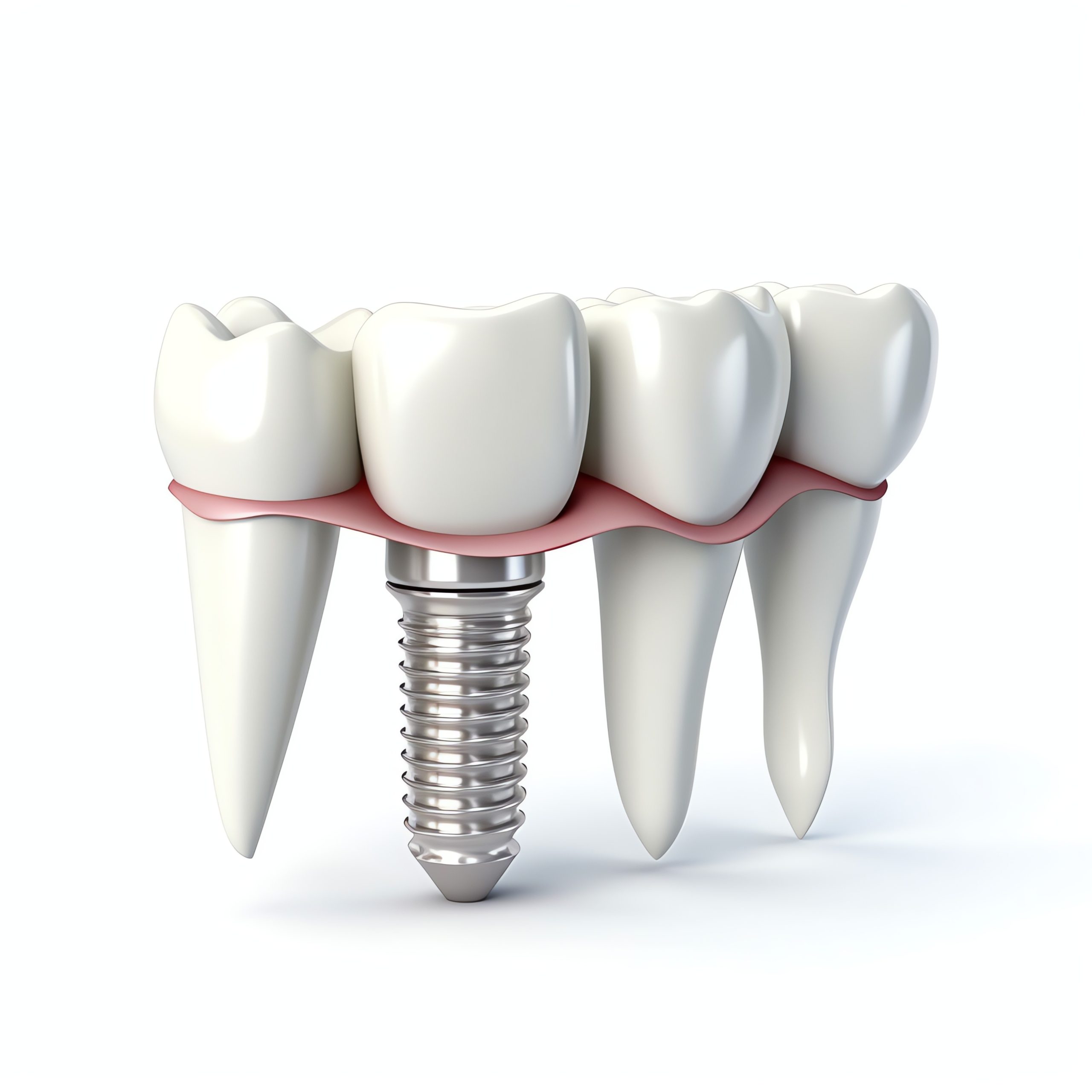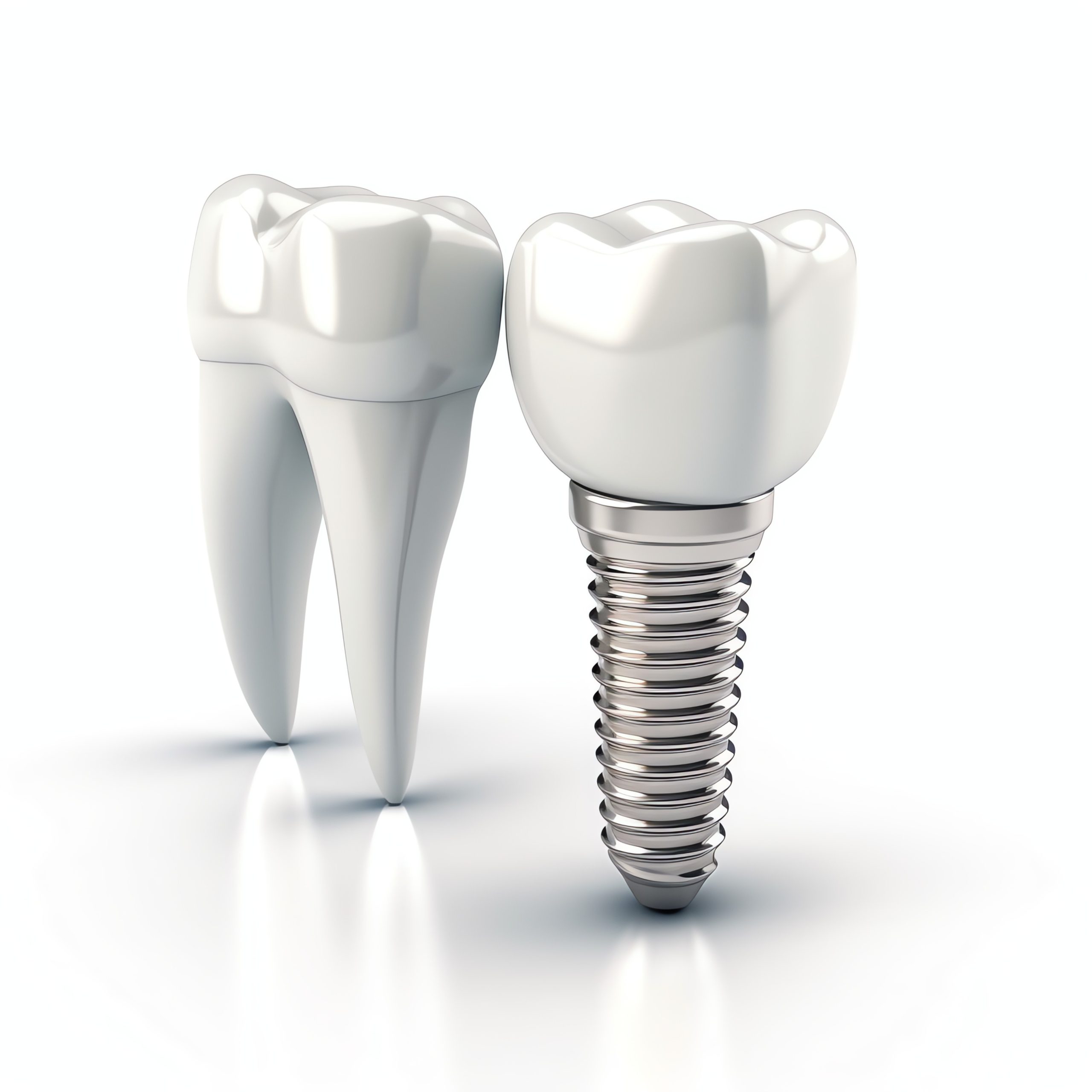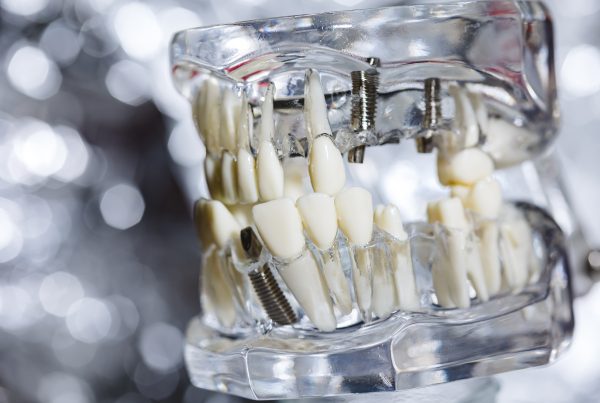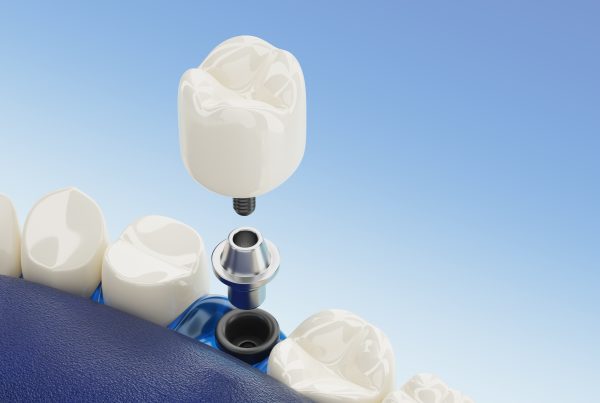Dental Implants And Insurance Coverage
Dental implants are a popular and effective solution for replacing missing teeth, but they can be a significant financial investment. Fortunately, various types of insurance can help cover the costs associated with dental implants, depending on the specific policy and the individual's circumstances. In this article, we will explore the different insurance options that may cover dental implants, as well as factors to consider when seeking coverage for this dental procedure. Whether it's through dental insurance, medical insurance, or specialized implant coverage, understanding your options can be essential in making dental implant treatment more accessible and affordable.

What types of dental insurance plans typically cover dental implants?
Dental insurance plans that cover dental implants often fall into specific categories that provide varying levels of coverage. These may include:
- Comprehensive coverage plans: Some comprehensive dental insurance plans offer coverage for major dental procedures, including dental implants. These plans typically have higher premiums but provide more extensive coverage for a range of dental services.
- High-end or premium plans: Premium dental insurance plans often cover a wider scope of dental procedures, including dental implants. These plans may come with higher premiums and more comprehensive coverage options.
- Supplemental or specialized implant coverage: Some insurance companies offer supplemental or specialized plans specifically tailored to cover dental implant procedures. These plans may have specific limitations or waiting periods but can be beneficial for individuals seeking coverage solely for dental implant treatments.
It’s important to review the specific details of the dental insurance plans, including their coverage limits, waiting periods, and any exclusions related to pre-existing conditions or specific dental procedures. Understanding the terms and conditions of each plan is crucial in determining the extent of coverage for dental implant procedures.
Are there specific requirements or limitations for coverage of dental implants under dental insurance plans?
Yes, dental insurance plans often have specific requirements and limitations for coverage of dental implants. These may include criteria such as the cause of tooth loss, the number of missing teeth, and the patient’s overall oral health. Insurance providers may require a waiting period before covering the costs of dental implants, during which time the individual must be enrolled in the plan. Additionally, some plans might limit the coverage amount for dental implants or impose a cap on the number of implants covered within a certain period. Pre-existing conditions, such as gum disease or bone loss, may also affect coverage eligibility. Understanding these requirements and limitations is crucial in assessing the extent of coverage and potential out-of-pocket expenses for individuals considering dental implant procedures.


How does medical insurance coverage differ from dental insurance when it comes to covering dental implants?
Medical insurance and dental insurance differ significantly in their coverage of dental implants. Medical insurance primarily covers medical conditions and procedures related to a person’s general health, while dental insurance focuses on oral health and dental care. Dental implants are often considered a dental procedure, and dental insurance is more likely to cover them, albeit with limitations. Medical insurance typically doesn’t cover dental procedures unless there is a medical necessity or a clear connection to a medical condition. For example, if a dental implant is required due to a traumatic injury or a medical condition like oral cancer, it may be partially covered by medical insurance. However, routine dental implant procedures for tooth replacement are typically not covered under medical insurance, making dental insurance the primary source of coverage for such treatments.
What are some common exclusions or limitations in dental insurance policies that may affect coverage for dental implants?
Common exclusions or limitations in dental insurance policies that may affect coverage for dental implants can include:
- Waiting periods: Many dental insurance plans impose waiting periods before covering major procedures like dental implants, during which time the individual must be enrolled in the plan.
- Annual or lifetime maximums: Dental insurance plans often have annual or lifetime maximum benefit limits that may restrict the total coverage amount for dental implant procedures.
- Pre-existing conditions: Some dental insurance policies may exclude coverage for pre-existing conditions, such as gum disease or bone loss, which may impact the eligibility for coverage of dental implant treatments.
- Missing tooth clause: Certain dental insurance plans may have a missing tooth clause, which means they do not cover the replacement of a tooth that was missing before the individual’s enrollment in the plan.
- Limitations on the number of implants: Some plans may limit the number of dental implants covered within a specific time frame, which could affect individuals requiring multiple implants.
Understanding these exclusions and limitations is crucial when evaluating dental insurance policies for coverage of dental implant procedures. It’s important to review the specific terms and conditions of the policy to determine the extent of coverage and any potential out-of-pocket expenses.


Do employer-sponsored dental insurance plans usually include coverage for dental implant procedures?
Employer-sponsored dental insurance plans vary in their coverage for dental implant procedures. While some employer-sponsored plans may include coverage for dental implants, the extent of coverage can differ significantly depending on the specific plan and the insurance provider. Generally, more comprehensive and high-end employer-sponsored dental insurance plans are more likely to include coverage for dental implant procedures, albeit with certain limitations and requirements. However, it’s important for employees to review their specific insurance policy documents and discuss coverage options with their HR department or insurance provider to understand the details of coverage for dental implants under their employer-sponsored dental insurance plan.
Are there specific considerations for individuals with pre-existing conditions seeking coverage for dental implant procedures?
Individuals with pre-existing conditions seeking coverage for dental implant procedures may encounter specific considerations that could affect their insurance coverage. Insurance providers often assess the severity and impact of pre-existing conditions, such as gum disease, bone loss, or other oral health issues, when determining coverage for dental implants. In some cases, individuals with certain pre-existing conditions may face limitations or exclusions in their coverage for dental implant procedures. Additionally, insurance providers may require individuals to undergo a comprehensive oral health assessment to determine the extent of the pre-existing condition and its impact on the need for dental implant treatment. Understanding the specific requirements and limitations set by the insurance provider is crucial for individuals with pre-existing conditions seeking coverage for dental implant procedures.













